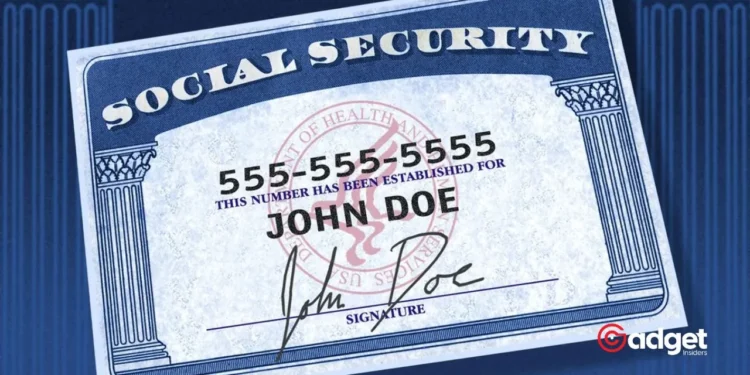For over six decades, Jimmy Klass lived the life of an average American in Florida. He voted, drove, and even paid into the Social Security system, believing himself to be as American as his neighbors. Yet, in a shocking twist, Klass discovered he wasn’t a U.S. citizen after all when his application for Social Security benefits was denied in 2020.

Born to a Canadian mother and an American father, Klass was brought to the U.S. when he was just two years old. He grew up on Tennessee Avenue in Long Island, a stone’s throw away from his grandparents.
“My dad’s roots were in Brooklyn, New York… And two years into my existence, they decided to load up the truck and move to Beverly, so to speak,” Klass reminisced in an interview with News 6 Click Orlando.
Despite receiving all the trappings of citizenship—a Social Security card, a driver’s license, and a voter registration card—it turns out that Klass had never been officially naturalized. The realization came as a rude awakening that his life-long belief in his American identity was founded on a misunderstanding.
Anyone can help me with my dilemma?
I will soon be eligible for my Indonesian citizenship, but as you all know Indonesia does not allow dual citizenship, and I don’t mind giving up my current citizenship for the Indonesian one, but the problem is… 🧵 pic.twitter.com/iAYPHEVsNv— expats_confessions_indonesia (@ExpatsIndonesia) February 25, 2023
Social Security Denied: A Tangled Web of Legal and Emotional Struggles
The news of his non-citizenship has placed Klass in a precarious situation. He has been voting in federal elections for years, a right reserved strictly for U.S. citizens, unknowingly risking legal repercussions.
Furthermore, Klass is now unable to claim the Social Security benefits he’s contributed to throughout his working life, leading him to start a GoFundMe page to manage his financial burdens. “The reason I am starting a GoFundMe is that the United States government does not pay me my Social Security that I paid in for my entire life,” he explained.

Under current laws, such as the Child Citizenship Act of 2000, children born abroad can automatically receive citizenship if they meet certain conditions before turning 18. Unfortunately, these rules did not apply when Klass moved to the U.S., leaving him in a legal gray area.
Klass’s plight highlights a broader issue of citizenship and identity in America—a country often portrayed as a melting pot of cultures but sometimes a labyrinth of bureaucracy.
Media Spotlight and Public Support
As Klass’s story gains traction in the media, public support has surged, reflecting a collective empathy for his situation and broader issues of immigration and citizenship discrepancies.
His case serves as a poignant reminder of the complexities facing many residents who live their entire lives in a country they consider home, only to find out they aren’t legally recognized as citizens.

The journey ahead for Jimmy Klass is fraught with legal battles and the daunting task of proving a citizenship that he believed was his by birthright. It’s a narrative that challenges the definition of what it means to be American and the often harsh realities that can lie beneath the surface of an assumed national identity.
As this story unfolds, it will undoubtedly continue to spark discussions about citizenship, rights, and the true meaning of home.










